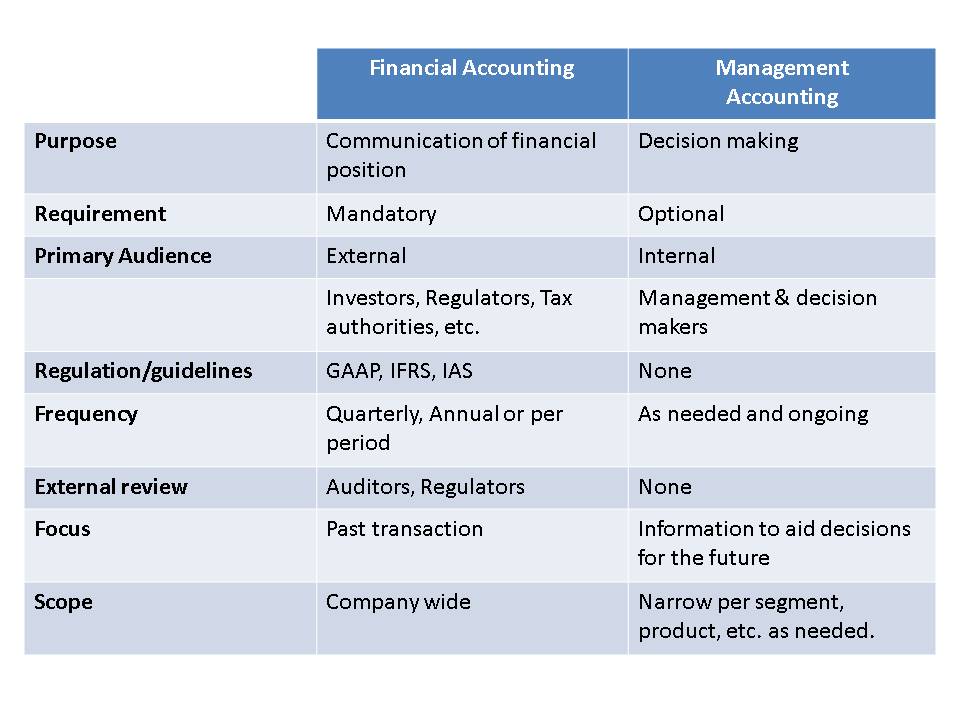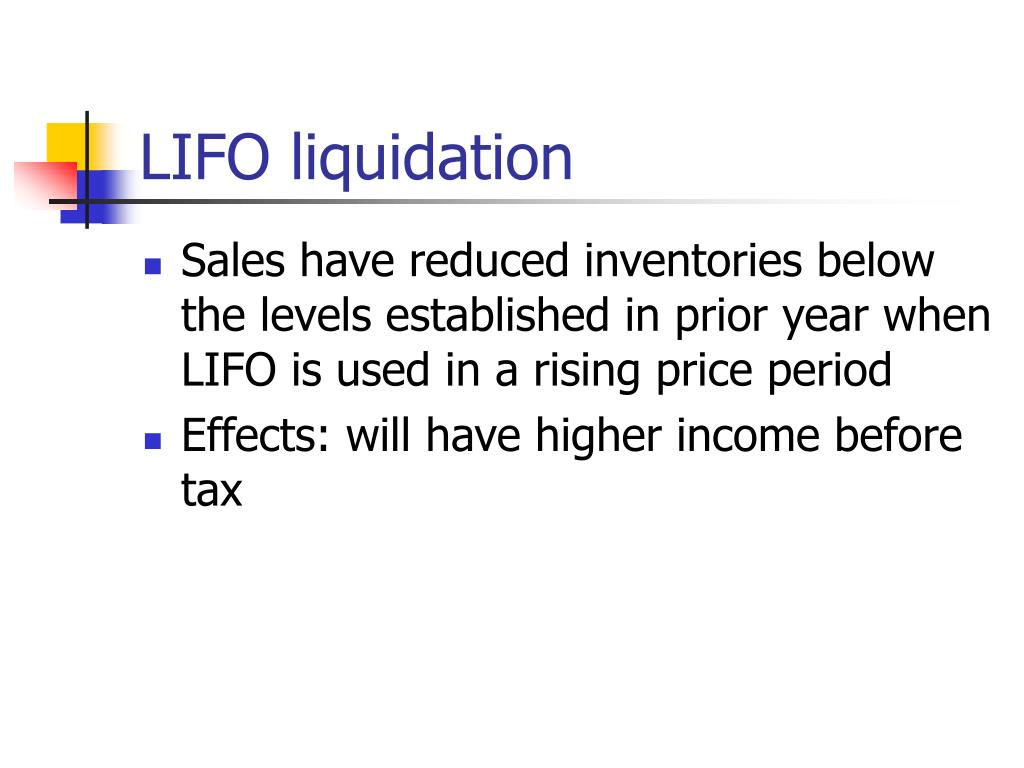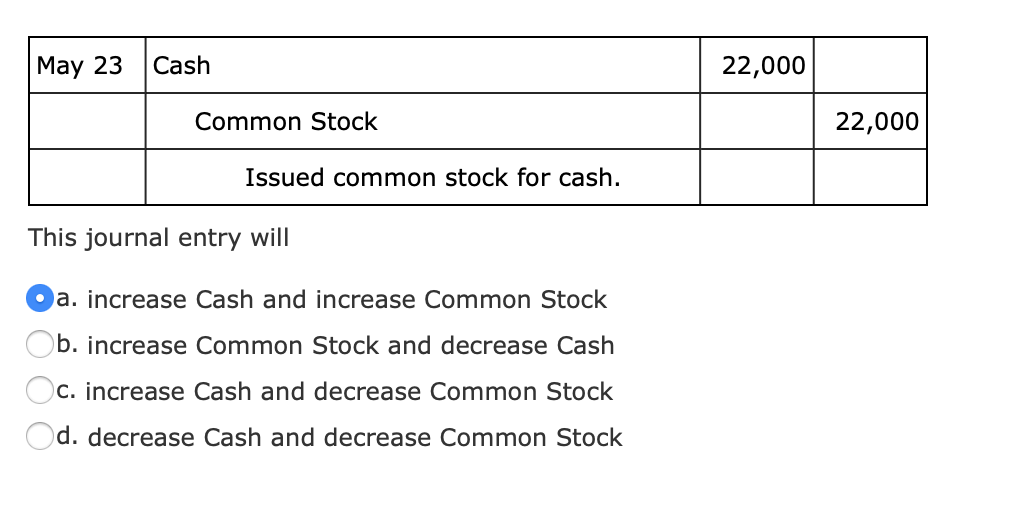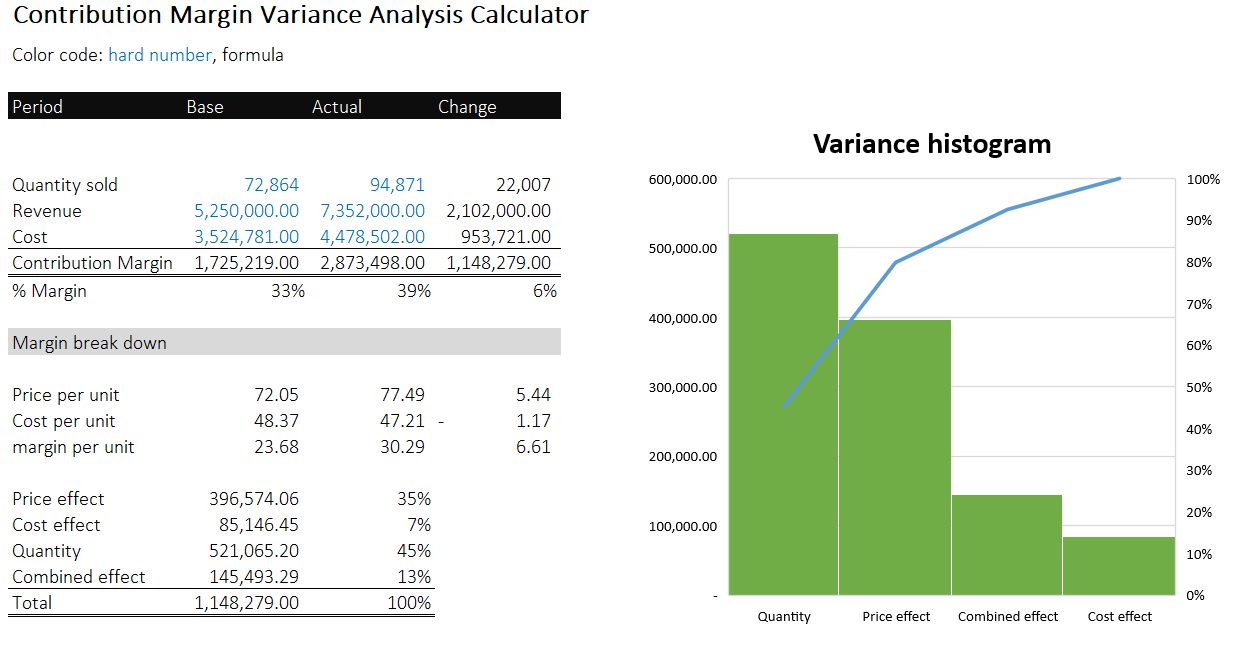
The more customers she serves, the more food and beverages she must buy. These costs would be included when calculating the contribution margin. The contribution margin income statement separates the fixed and variables costs on the face of the income statement. This highlights the margin and helps illustrate where a company’s expenses.
Income Statement
As with other figures, it is important to consider contribution margins in relation to other metrics rather than in isolation. Based on the contribution margin formula, there are two ways for a company to increase its contribution margins; They can find ways to increase revenues, or they can reduce their variable costs. On the other hand, variable costs are costs that depend on the amount of goods and services a business produces. The more it produces in a given month, the more raw materials it requires. Likewise, a cafe owner needs things like coffee and pastries to sell to visitors.
The Relationship with Sales and Profit
Contribution margins are often compared to gross profit margins, but they differ. Gross profit margin is the difference between your sales revenue and the cost of goods sold. The contribution margin is affected by the variable costs of producing a product and the product’s selling price. Yes, it means there is more money left over after paying variable costs for paying fixed costs and eventually contributing to profits.
How can a business increase its Contribution Margin Ratio?
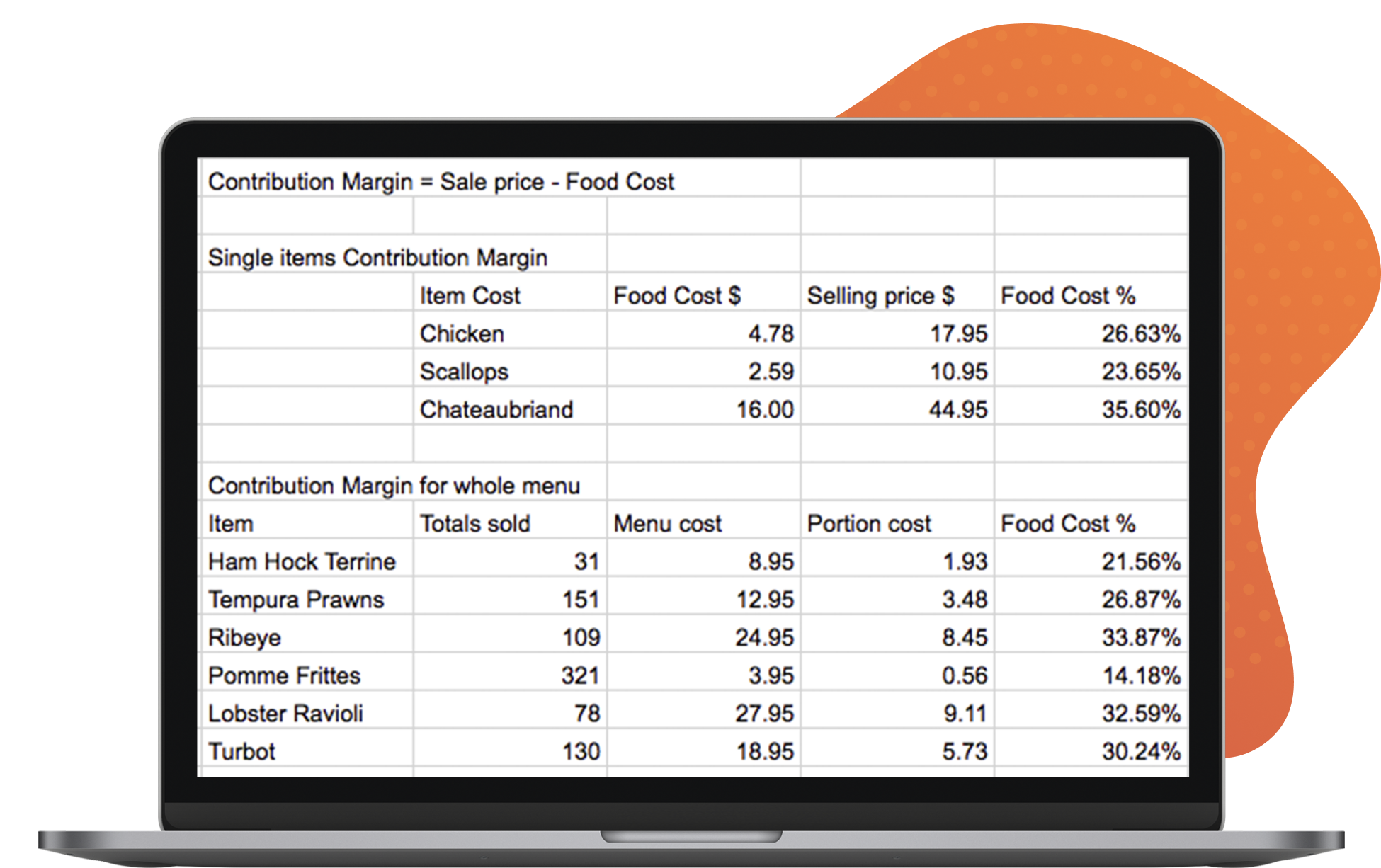
The difference between variable costs and fixed costs is as follows. The Contribution Margin Ratio is the product revenue remaining after deducting all variable costs, expressed on a per-unit basis. For example, raising prices increases contribution margin in the short term, but it could also lead to lower sales volume in the long run if buyers are unhappy about it. Before making any changes to your pricing or production processes, weigh the potential costs and benefits.
- It represents how much money can be generated by each unit of a product after deducting the variable costs and, as a consequence, allows for an estimation of the profitability of a product.
- Our team of reviewers are established professionals with decades of experience in areas of personal finance and hold many advanced degrees and certifications.
- Profit is any money left over after all variable and fixed costs have been settled.
- Crucial to understanding contribution margin are fixed costs and variable costs.
We may earn a commission when you click on a link or make a purchase through the links on our site. All of our content is based on objective analysis, and the opinions are our own. Managerial accountants also use the contribution margin ratio to calculate break-even points in the break-even analysis. Management should also use different variations of the CM formula to analyze departments and product lines on a trending basis like the following. Evangelina Petrakis, 21, was in high school when she posted on social media for fun — then realized a business opportunity. You work it out by dividing your contribution margin by the number of hours worked.
The contribution margin can be presented in dollars or as a percentage. The formula to calculate the contribution margin ratio (or CM ratio) is as follows. Reduce variable costs by getting better deals on raw materials, packaging, and shipping, finding cheaper materials or alternatives, or reducing labor costs and time by improving efficiency. You can even calculate the contribution margin ratio, which expresses the contribution margin as a percentage of your revenue. Investors examine contribution margins to determine if a company is using its revenue effectively. A high contribution margin indicates that a company tends to bring in more money than it spends.
Now, add up all the variable costs directly involved in producing the cupcakes (flour, butter, eggs, sugar, milk, etc). Leave out the fixed costs (labor, electricity, machinery, utensils, etc). In 2022, the spotify for public or commercial use product generated $1 billion in revenue, with 20 million units sold, alongside $400 million in variable costs. Variable expenses directly depend upon the quantity of products produced by your company.
On the other hand, the gross margin metric is a profitability measure that is inclusive of all products and services offered by the company. However, the contribution margin facilitates product-level margin analysis on a per-unit basis, contrary to analyzing profitability on a consolidated basis in which all products are grouped together. Therefore, the contribution margin reflects how much revenue exceeds the coinciding variable costs. They can use that information to determine whether the company prices its products accurately or is likely to turn a profit without looking at that company’s balance sheet or other financial information.



